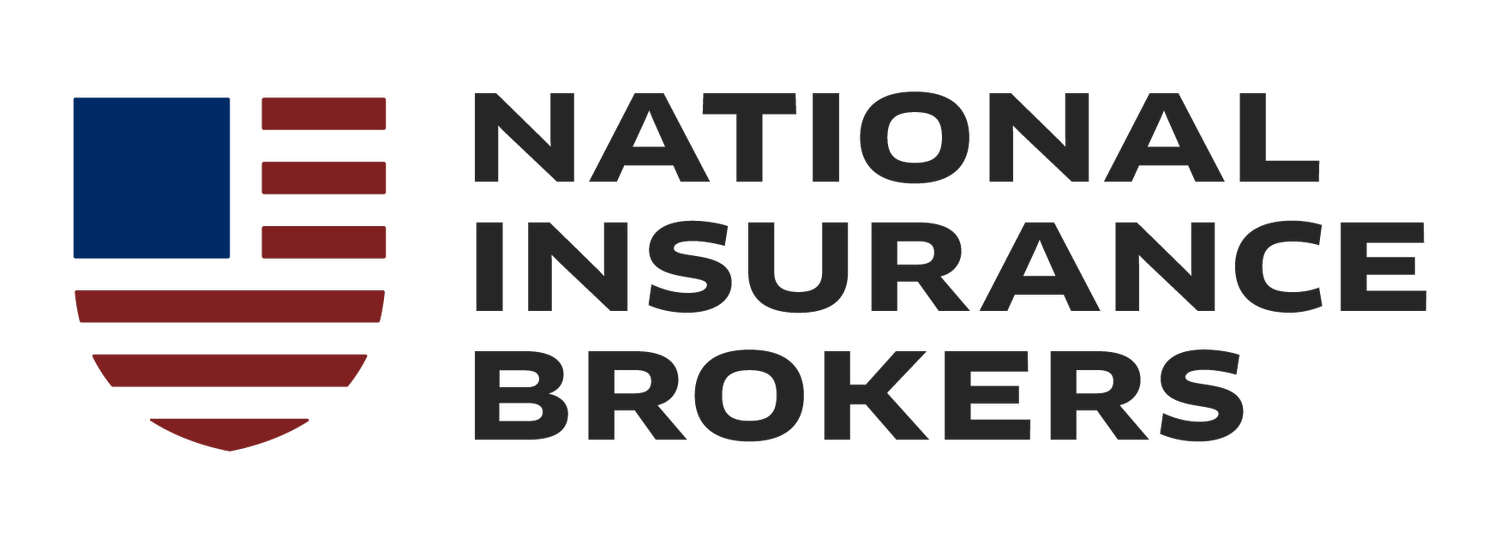The Pros and Cons of Self-Insuring for Businesses: Is It Right for You?
Self insurance for businesses means that instead of paying an insurance provider for coverage you cover the cost of any claims you received in-house.
In the post below you will find a detailed, and expert breakdown of the pros insuring including greater control over your organization's funds, reduced costs, and improved cash flow management. We will then go over the cons of self -insurance which include increased financial risk, the administrative burden, and the issue of not being a part of risk pooling.
By the end of this post you will have a good idea of both the advantages and disadvantages involved in self-insurance. This information will allow you to make an informed decision on whether self-insurance is the best option for your business.
Understanding Self-Insurance
Self-insurance is when a business instead of paying out to a third-party provider for insurance coverage, provides this for themselves.
Self-insurance differs from traditional insurance because businesses pay no premium to an insurance provider. Instead, they are expected to save money to cover these costs out of pocket.
Pros of Self-Insurance
A. Cost Savings
Self-insurance can save significant business costs in two ways. The first of these is that by self-insuring you can eliminate the need to pay the additional profit margin that all insurance companies add to the policies they sell. Secondly, self-investment can help reduce the costs involved in the administration of a policy including policy overheads, and assumption of risk.
B. Control and Flexibility
Self-insurance also offers the benefit of greater control and flexibility. The first way in which self-insurance does this is to allow the customization of coverage to the specific needs of your company. This means you don’t end up paying unnecessarily for coverage that you don’t need. Secondly, by choosing self-insurance over traditional insurance you can adjust coverage limits and deductibles in line with the needs of your employees and business. Rather than being reliant on what your insurance company dictates.
C. Cash Flow Management
Lastly choosing self-insurance can improve cash flow management for your business. Firstly it does this because underwritten (conventional policies) require premiums to be paid whether or not a claim is made, as well as before claims can be made. However, self-insurance can provide better control over funds for a business because no money needs to be paid out until or if a claim happens at all. In essence, with self-insurance, you are not paying out in case something happens, only when it does. This means money that would have otherwise been spent on insurance premiums stays within the control of the business.
Additionally, when saving funds to cover self-insurance claims, any surplus left over for the year can be invested with the potential of future returns that can either be added to the self-investment pot or re-invested into your business in other ways.
Cons of Self-Insurance
There are also some downsides to embracing self-insurance for your business that you need to consider.
A. Financial Risk
The first of these is the financial risk involved in self insurance. Indeed, by self-insuring your business you do run the risk of being exposed to unpredictable and significant losses, if a claim is made. Additionally, your business also runs the risk of potential financial strain, in the case of a catastrophic event. For example, if a driver in your vehicle fleet was found guilty of causing multiple injuries and fatalities by crashing into a bus or train.
B. Administrative Burden
Another risk that you need to consider with self-insurance is the administrative burden. This is because you will need to handle and process claims in-house which can take up significant time, resources, and person-power. Additionally, you will need to ensure that any claim processing you do in-house is compliant with the regulatory requirements for that area of insurance.
C. Lack of Risk Pooling
Lastly one of the most significant dangers organizations make themselves vulnerable to is the lack of risk pooling. This is because unlike traditional insurance, self insurance does not rely on a bank of policyholders that, as a group, cover the claims of those few that do experience a loss. Unfortunately, this means that organizations using self-insurance are left vulnerable to widespread or catastrophic events which could use up all their financial resources.
Regulatory and Legal Considerations
Last of all, before you make the decision on whether self- insurance or traditional insurance is best for your organization, it's vital to consider the regulatory and legal considerations involved.
First of all, this means making sure you know how to comply with the regulations, reporting mandates, and financial solvency standards. All of which is paramount if you wish to avoid penalties and legal issues for self-insured business.
Remember too that regulations do differ from state to state so be sure to do your due diligence here, and stay abreast of what your business needs to be doing to stay compliant.
You will also need to educate yourself on the legal obligations and responsibilities your organization will have to meet, should a claim be made. After all when it comes to self-insurance claims the ultimate responsibility always lies with the employer.
Lastly, it's also crucial to understand just how important legal counsel is when navigating self-insurance regulations. Suitable professionals to consult in this instance include lawyers experienced in self-insurance, insurance brokers, and even third-party administrators (TPAs).
Such experts will be able to offer insight and direction on regulatory compliance. They will also be able to assist your organization in designing customized self-insurance programs that match your needs, and goals.
Conclusion
Improved control over your organization’s funds, decreased costs, and enhanced cash flow management are all benefits your organization can reap by choosing to self-insure. However, self-insurance may also increase your vulnerability to administrative burden, increased financial risk, and subject you to the danger of not being a part of a risk pooling program.
With this in mind, it is crucial that you are well-informed on the fully insured vs self-insured subject, and carefully consider the benefits and costs of self-insurance.
Indeed, it may be that certain businesses such as larger ones are better suited to self-insurance because they have the resources available to cover any claims without risking financial ruin. However, for smaller businesses and individuals the risks involved with self-insurance may be too great, even with the advantages that they offer.

